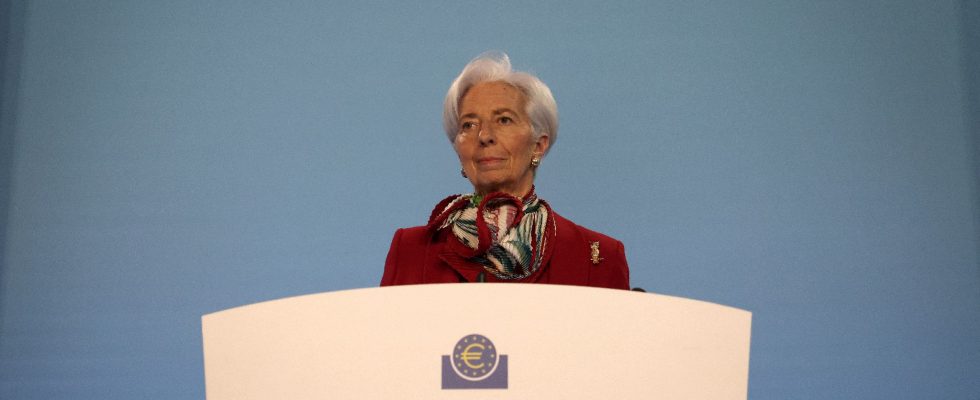NO / “The major risk is that the ECB will do too much”
By Veronique Riches-Flores, independent economist at RichesFlores Research
There is no imperative urgency to raise interest rates. This does not mean that the European Central Bank is obliged to communicate by saying: “Rate hikes are over.” But, as in any phenomenon, you have to keep the right pace. The ECB can very well switch to a more moderate pace and let one or two monetary policy meetings pass, without constraining itself. The major risk is that it does a little too much, and that the panic arrives.
We have already made major adjustments, we must now take the time to observe the consequences and developments. Last month, the ECB raised its interest rates in the midst of the banking crisis to show that it was particularly confident about the health of the banks. We are beginning to see the significant consequences, particularly on the economy: the rise in the credit rate, the inversion of the yield curve and the American banking crisis. It’s starting to do a lot.
There are other solutions: the action of the central banks has essentially concentrated on key rates, while that on the balance sheet is extremely minimal. The Fed tried to reduce its balance sheet, but, after the failure of Silicon Valley Bank, it expanded it again. As long as we do not tighten the central banks’ balance sheets, we will always have as much liquidity, and this has an impact on current inflation. We therefore have real rates – excluding inflation – in the long term that are negative, which are of service to governments because they are maneuvering to support activity and to try to deal with the issues of sovereignty which are essential in Europe. Moreover, with the rise in interest rates, you end up making life impossible for the most modest with very high consumer credit rates.
YES / “The control of inflation outweighs the disadvantages”
By Catherine Lubochinsky, economist, professor at the University of Paris II-Panthéon Assas
Central banks, and in particular the European Central Bank, have the task of fighting inflation, with a target of 2% in the medium term. It is clear that the previous rate hikes have already enabled inflation to decelerate. This tool must be activated if it is effective in the fight against rising prices. Obviously, there are disadvantages, such as the increase in the debt burden or the reduction in the demand for mortgages, which places, for example, new build developers in a complicated situation.
Nevertheless, inflation is currently not negligible, and controlling it outweighs the disadvantages. Even if we can accept an inflation rate of 3%, or even 4% rather than 2%, we are still far from that in Europe. Core inflation, ie excluding energy and food, remains persistent. In addition, it is clear that the entire period of liquidity at zero rates has generated a lot of pernicious effects. It has favored a misallocation of capital, with the financing of non-productive projects, not to mention zombie companies. By allowing players to borrow at virtually zero interest rates, the use of leverage has contributed to creating bubbles in financial assets and real estate markets.
Above all, we absolutely need to prevent the rise in prices from turning into a wage-price loop. There will undoubtedly be further rate hikes in the future, unless inflation subsides. Current forecasts seem to indicate that the euro zone will not tip into recession, even if the situations differ according to the country. The United States may experience a quarter or two of recession, but it will not be very deep.
